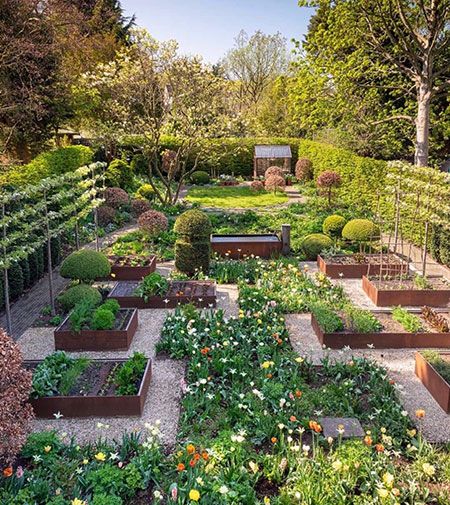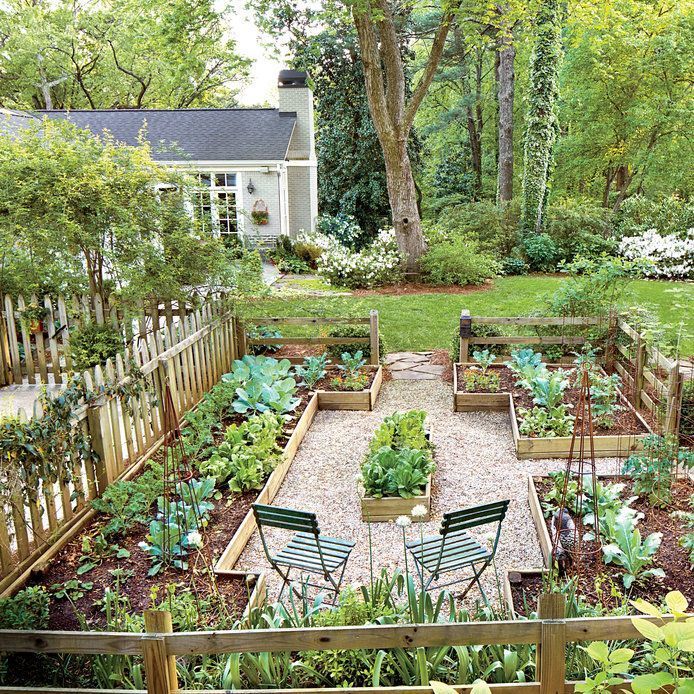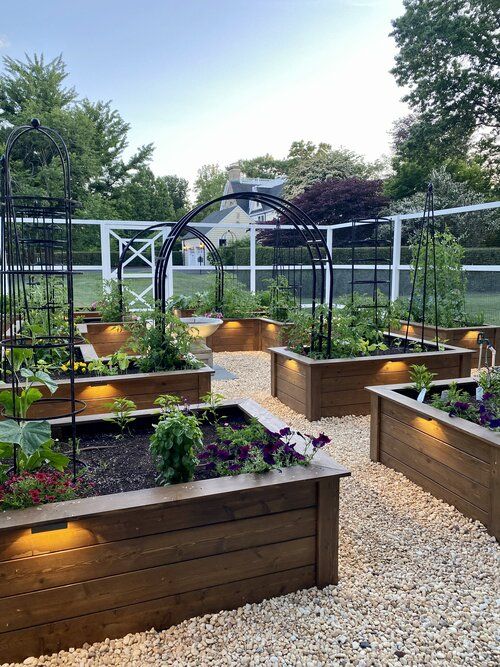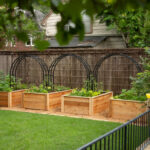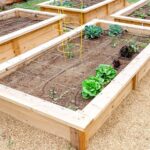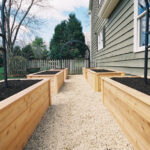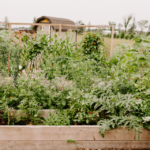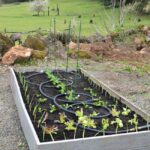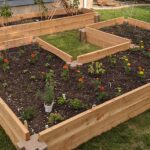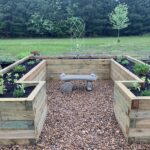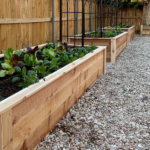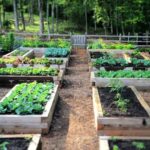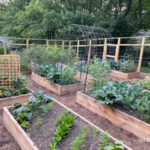Raised bed gardening is a popular and effective method of growing plants that offers a number of benefits to both novice and experienced gardeners. Raised beds are essentially a gardening technique that involves planting in a soil-filled enclosure raised above the ground. These beds can be constructed from a variety of materials, such as wood, metal, or plastic, and can be tailored to fit the specific needs and preferences of the gardener.
One of the primary advantages of raised bed gardening is improved soil quality. By using a raised bed, gardeners can control the composition of the soil, ensuring that it is rich in nutrients and well-drained. This can lead to better plant growth and higher yields. Additionally, raised beds can help prevent soil compaction, which can hinder root development and plant growth. With raised beds, gardeners can avoid walking on the soil, which can compact it and restrict root growth.
Another benefit of raised bed gardening is improved drainage. Because raised beds are typically elevated above the ground, excess water can easily drain away, preventing waterlogged soil and root rot. This is particularly advantageous for gardeners in areas with heavy rainfall or clay soil, where drainage can be a challenge. By using a raised bed, gardeners can ensure that their plants receive the right balance of water and oxygen, promoting healthy growth.
Raised beds also offer better pest and weed control. Because raised beds are contained spaces, it is easier to monitor and manage pests and weeds. Gardeners can erect barriers around the beds to prevent pests from reaching the plants, or use mulch to suppress weed growth. This can help reduce the need for chemical pesticides and herbicides, making raised bed gardening a more environmentally friendly option.
In addition to these practical benefits, raised bed gardening can also be a more accessible option for gardeners with physical limitations. The elevated height of the beds can make it easier for individuals with mobility issues to tend to their plants without having to bend or stoop. This can make gardening a more enjoyable and sustainable activity for individuals of all ages and abilities.
Overall, raised bed gardening is a versatile and effective technique that can benefit gardeners in a variety of ways. Whether you are looking to improve your soil quality, enhance drainage, or make gardening more accessible, raised beds offer a practical solution. With a little planning and creativity, you can create a beautiful and productive raised bed garden that will provide you with bountiful harvests for years to come.
